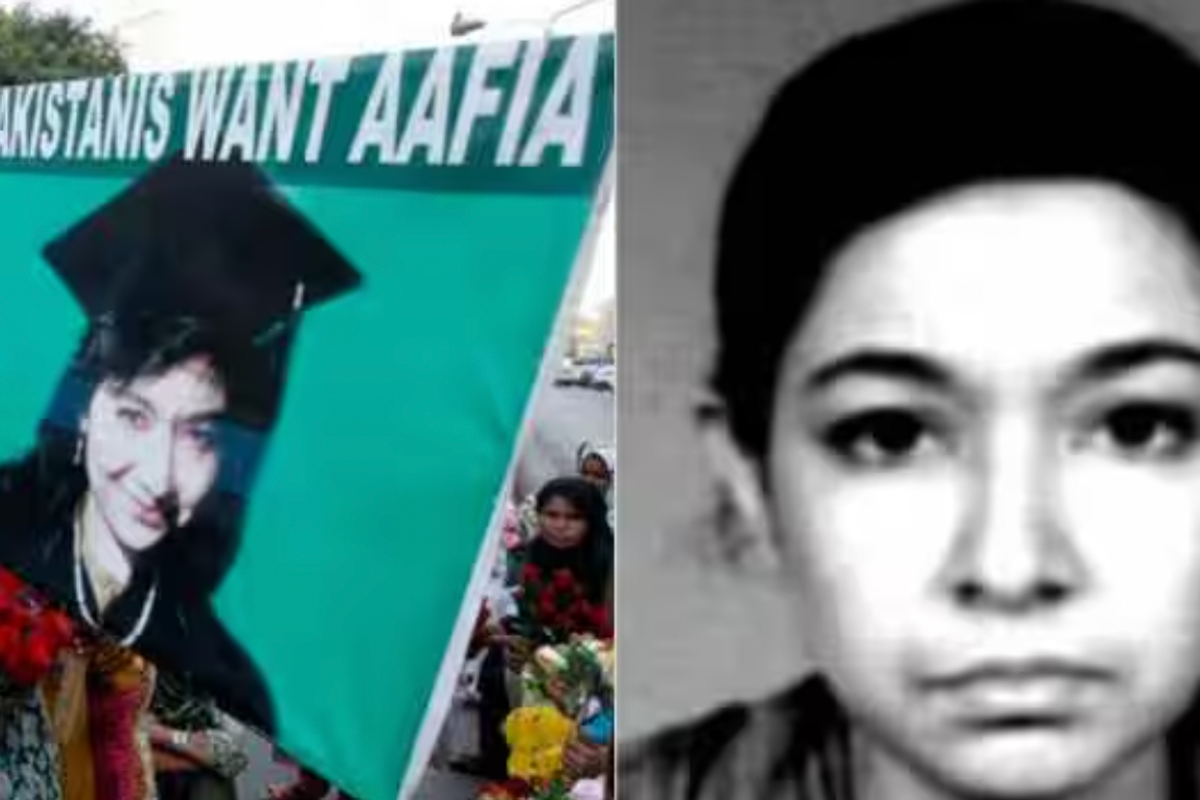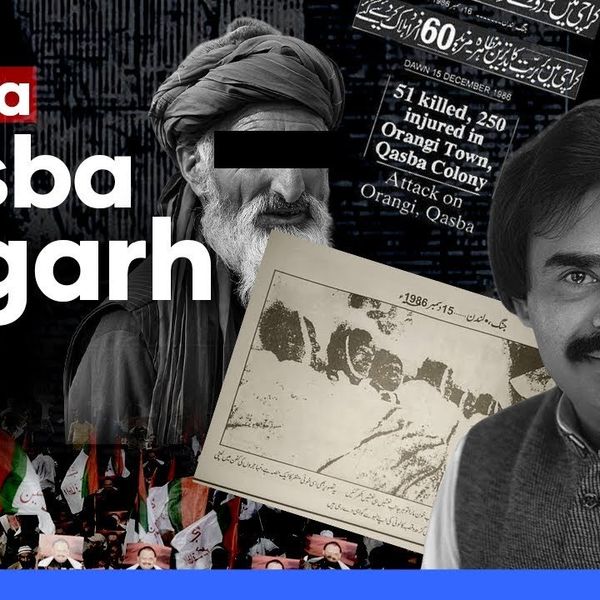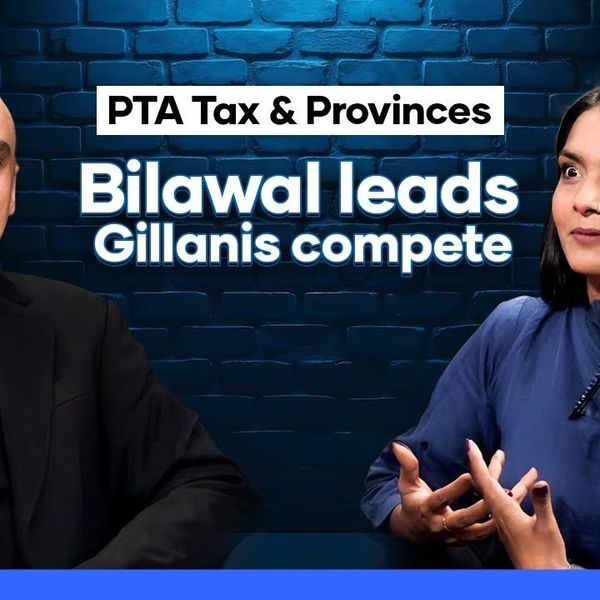Pakistan court questions envoy’s absence in US talks on Dr Aafia case
Islamabad High Court demands explanation for the ambassador’s absence, with Justice Khan calling it neglectful
News Desk
The News Desk provides timely and factual coverage of national and international events, with an emphasis on accuracy and clarity.

Aafia Siddiqui has been in a US jail for 16 years.
A high court in Pakistan on Thursday questioned the absence of the country’s ambassador to the United States from key meetings involving a Pakistani delegation and U.S. Congress members regarding Dr. Aafia Siddiqui’s release.
Dr. Siddiqui, a Pakistani neuroscientist, is serving an 86-year sentence in the U.S. after being convicted in 2010 for attempting to attack U.S. soldiers in Afghanistan. Her case has drawn widespread controversy, with many in Pakistan labelling her a victim of injustice and calling for her release.
The Islamabad High Court (IHC), during a hearing, ordered a detailed explanation for the ambassador’s absence. Justice Sardar Ejaz Ishaq Khan criticized the envoy’s non-participation, calling it neglectful.
“The ambassador should have made time to participate in these critical discussions,” said Justice Khan, emphasizing the diplomat’s role in representing Pakistan’s interests.
The court instructed the Ministry of Foreign Affairs to gather the embassy’s stance and submit a report detailing the reasons behind the ambassador’s absence from meetings with U.S. Congress members.
PM’s letter ignored
The Foreign Ministry informed the court that a letter from Prime Minister Shehbaz Sharif to U.S. President Joe Biden regarding Dr. Siddiqui’s case has not received a response.
The embassy reportedly facilitated meetings with the U.S. State Department. However, the ambassador’s absence from key sessions was noted, with the court terming it an act of negligence.
“Avoiding such engagements contradicts the purpose for which the delegation was sent,” the court stated, dismissing claims of interference in U.S. internal matters.
The IHC also ordered the ministry to provide details of all overseas visits undertaken by the prime minister and foreign minister since filing Dr. Siddiqui’s clemency appeal.
Sister’s visa denied
Dr. Siddiqui’s sister, Dr. Fauzia Siddiqui, informed the court that her visa application to the U.S. had been denied. Through her counsel, she expressed concerns about missing meetings planned for mid-January.
The court directed the Foreign Ministry to address the issue, ensuring that Dr. Fauzia’s travel is not hindered.
The next hearing is set for January 13, 2025. The Ministry of Foreign Affairs must submit its findings and responses before the hearing.









Comments
See what people are discussing